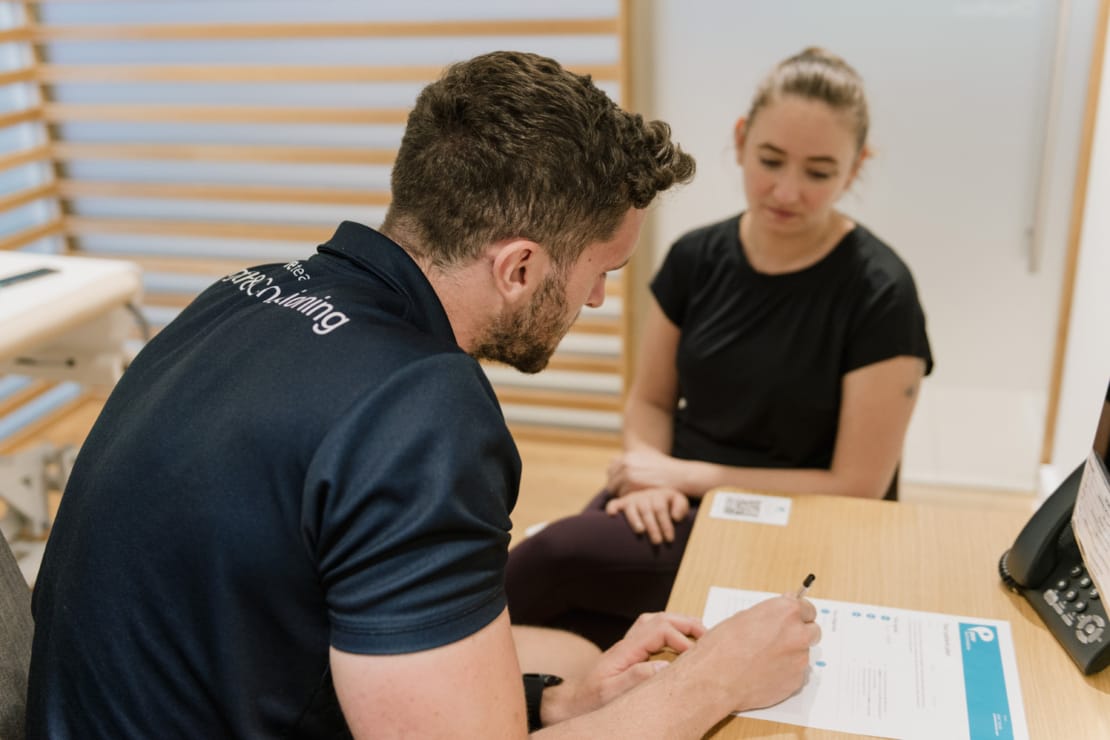Claire Small Says Push Your Personal Boundaries

Claire Small
Chief Clinical Officer & Consultant Physiotherapist
- 21 September, 2018
- Podiatry
- 3 min read
Claire Small Says Push Your Personal Boundaries

My sister in law recently sent through a video of my 5 year old niece riding her bike without stabilisers for the first time. There were a few wobbly moments and some interesting stopping techniques, but her laughs of joy were evident on the audio, as were her mother’s expressions of concerns and anxiety, especially as the bike and rider veered sharply towards a tree. My sister in law told me later that she found letting go of the bike extremely difficult to bring herself to do. The desire to hold on ran deep.
It brought me back to thinking about resilience again, the topic of last month’s blog. One key aspect of resilience is the ability to be “OK” with failure, to see failure and disappointment as part of life’s learning process and not to be afraid or ashamed of it. Kids have these types of experiences all the time; learning to ride a bike, taking a maths exam or standing up and speaking in front of a group for the first time. As adults, we tell them that it is OK to fall off, to get half the sums wrong or forget their lines, as long as they have tried their best. We also tell them that the most important thing is to get back on the bike and try again. The temptation to prevent failure happening to kids is enormous, but we recognise that stopping them falling or failing isn’t helpful for them in the long run. However, the suggestion by many psychologists is that there is an increasing trend for parents to try and shield their children from failure and disappointment and to fix things that go wrong for them at school and in the playground; the so-called Helicopter parents. In doing this, they are preventing the development of resilience that is so essential in adult life. This behaviour from parents and a fear of failure that it creates in their children is blamed, in part, for increasing levels of anxiety and depression, a lack of self confidence and a lack of initiative in this group of young adults.
Resilience isn’t something you either have or don’t have though. It is something you develop and work on throughout life. One component of developing resistance is the need to push yourself outside your comfort zone. As adults, the desire to stay within our comfort zone and avoid putting ourselves out there grows stronger. Life is tough enough as it is, we think; why would we want to make it any tougher by challenging ourselves? And staying in your comfort zone is completely reasonable at times – it gives us the freedom to relax and the headspace to think about what we want from our lives. But we need to push our personal boundaries if we want to get that new job or promotion, visit that exotic country, master that black ski slope or stand up and speak at our best friend’s wedding. It is what we need to do to achieve things in life and grow as human beings.
Many people have told me that one of the key things to being successful is keeping your options open and taking opportunities when they are offered to you. This requires us to be willing to step outside our comfort zones, to think positively about the chance of success, but also to know that if we fall, we just have to get back up on the bike and have another go at it.

Advice
Over the last 20+ years our experts have helped more than 100,000 patients, but we don’t stop there. We also like to share our knowledge and insight to help people lead healthier lives, and here you will find our extensive library of advice on a variety of topics to help you do the same.
OUR ADVICE HUBS See all Advice Hubs

